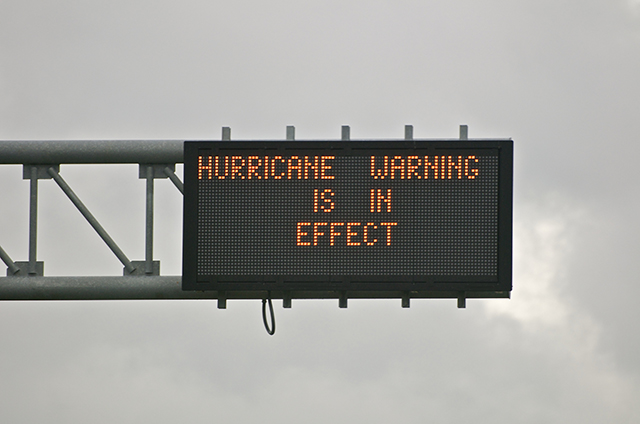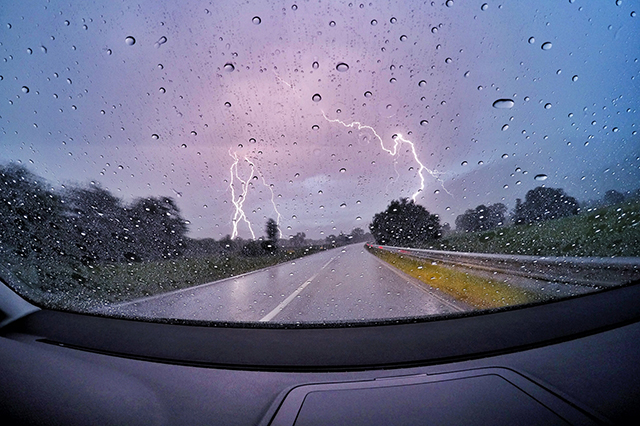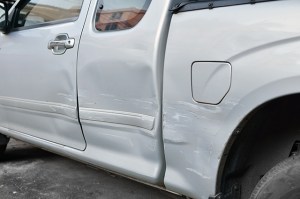Atlantic hurricane season occurs from June 1 to November 30. For those living in coastal states, getting your car prepared in the event of an evacuation is vital for your safety. Following these steps will ensure your car is ready to roll out before the storm rolls in – giving you one less category to worry about.
Test Your Battery
Car batteries typically have a three to five-year lifespan. Call AAA for a battery inspection to ensure your car will start when you need it most. With AAA Mobile Car Battery Service, you can bypass the parts store and repair shop. A battery service technician comes to your home or work to test your car battery and determine how much life it has left. If needed, your battery can be replaced on the spot.
Fill Your Tank
Gas becomes a hot commodity when a storm is approaching. During hurricane season, keep your tank topped off to avoid waiting in long lines or not finding gas at all.
Check Your Brakes
Brake failure causes about 300,000 crashes per year. While there is never a good time for an accident, having one during a hurricane evacuation would be terrible. Have your brakes checked at a reputable technician to confirm they are in good working condition. Find a AAA Approved Auto Repair Facility near you.

Inspect Your Tires
Having the right tire pressure and the proper amount of tread plays a critical role in your tire’s ability to grip the wet roads and stop quickly. The recommended tire pressure can be found on a sticker inside the driver’s door or in your owner’s manual. Test your tire tread by placing a quarter into your tread grooves; if you can see the top of Washington’s head, your tires need to be replaced.
Replace Your Windshield Wipers
Windshield wiper blades should be replaced every six months to make proper contact with the windshield. Wiper blades that squeak, skip, smear or streak reduce driving visibility.
Assess Your Fluids and Hoses
Evacuations typically cause congested roads and slow, stop-and-go traffic. Topping fluids off and having hoses in good condition will ensure your vehicle runs cool.
When a hurricane threatens to impact your area, consider evacuating early. Leaving in the morning helps you avoid being stuck in slow and sometimes standstill traffic, increasing your gas mileage. Also, driving early in the morning when temperatures are cooler reduces the risk of a breakdown caused by high heat strain on your engine. Make sure to have your car emergency kit stocked with essentials like medicine, water, jumper cables, basic tools, flares and cell phone chargers.
Most importantly, stay calm, follow recommended evacuation routes, and do not attempt to take shortcuts.
Discuss your storm coverage options with a AAA insurance agent.












